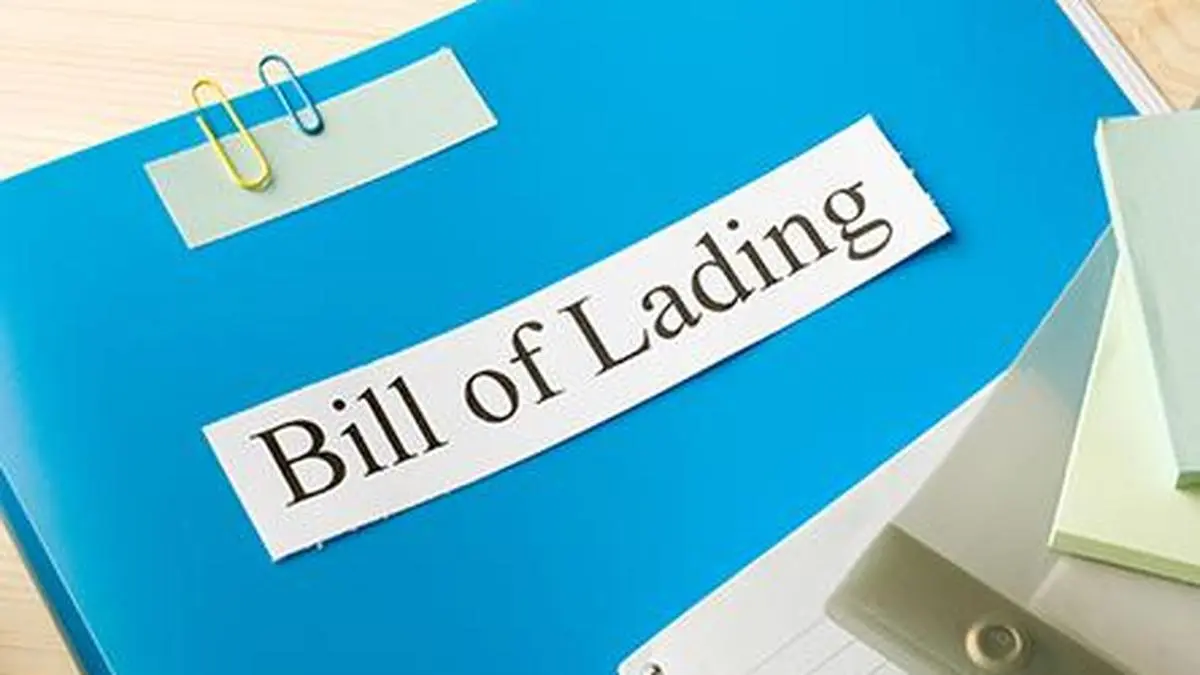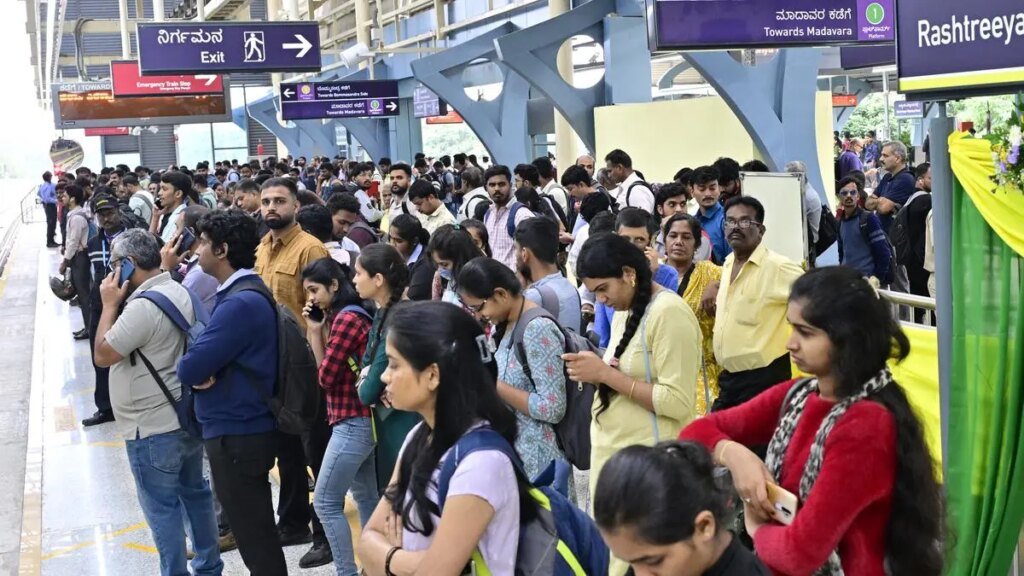Lading Act to cut exporters cost by $100 billion

The Bills of Lading Bill 2025, passed by both houses of Parliament and awaiting President Droupadi Murmu’s approval, will save $100 billion in transaction cost to exporters, especially for MSMEs in textiles, chemicals, agri-exports, and polymers sectors.
The Act will recognise digital Bill of Lading (BoL) and enable tokenisation of the asset enabling smooth trade finance and faster customs clearance.
Currently, paperwork for exports takes about 5-7 days while the cargo lies at ports and financing in the state of limbo.
Logistics costs in India remain high at 14 per cent of GDP, compared to global averages of about 9 per cent.
Manifested in inefficiencies and paperwork, trade friction is estimated to cost between $110 billion and $165 billion annually, according to industry estimates.
BoL serves as evidence of shipment, title to ownership and the core document demanded by commercial banks, customs authorities and insurers.
Digital BoLs eliminate courier delays and document loss.
MSMEs, which often lack the resources to navigate the documentation process under traditional forums, will find it easier to procure working capital, insurance and access to global markets.
After digitising the trade process, tokens are generated using a blockchain-based BoL that becomes a secure digital asset. A tokenised BoL can be instantly transferred between two parties, recorded immutably and verified without need for an intermediary. It is estimated that tokenised BoLs can slash trade transaction costs by 30 per cent, amounting to about $80-$100 billion of potential value unlocked for the Indian economy.
Customs officials may benefit from digital pre-clearance, judging each consignment much quicker.
India must ensure that its tokenised BoL is aligned with global standards such as UNCITRAL’s Model Law on Electronic Transferable Records (MLETR) and International Chamber of Commerce’s Digital Standards Initiative (DSI) that facilitate the world’s cross-border use and reduce legal uncertainty.
Pratik Sharma COO and Co-Founder, Automaxis said the new Act will make the legal framework of India align with countries such as Singapore, the UK and Bahrain.
The FIT Alliance of eminent shipping lines has committed to achieving 50 per cent adoption of electronic BoL in the next five years, he said.
The electronic transfer of BoL will be accepted only when India becomes a MLETR compatible nation, he added.
Atul Khekade, Co-Founder, XDC Network said blockchain tokens can be integrated into trade flows making trade documents instantly verifiable, transferable and finance-ready.
Such tokenized assets can also be integrated with trade finance instruments on tokenized networks so that banks and logistics players can unlock working capital faster with significantly lower risk, he added.
More Like This
Published on August 18, 2025



